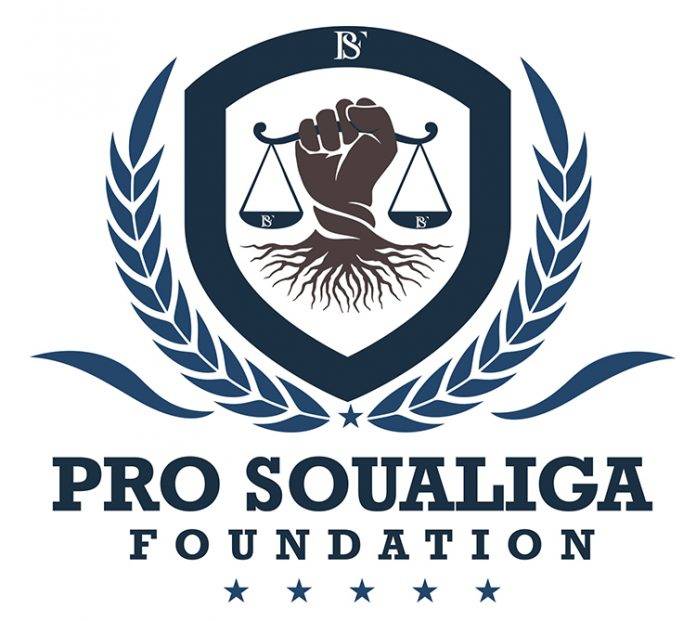PHILIPSBURG, Sint Maarten — The Parliament of St. Maarten’s recent petition to the United Nations regarding racial bias on the islands of the former Netherlands Antilles has come under great scrutiny by varying members of the public. As a matter of fact, the topic of decolonization seems to have caused a lot of anxiety, as well as, confusion amongst the general public which is quite understandable. When discussing and analyzing decolonization, it is imperative to focus on the facts presented by the United Nations, the United Nations Charter, and the Kingdom Charter.
What Then Is Decolonization?
In his letter of September 15, 2015, to the Dutch Prime Minister, Marcel Gumbs, along with the Prime Ministers of Aruba and Curacao recalled that the United Nations had great doubts about whether or not the Kingdom Charter had really brought about decolonization. They pointed to the danger that the UN observed in the ability of the Governor to violate the islands’ Full Measure of Self-Government or autonomy.
The UN pointed out four areas of concern during their debate on the Kingdom Charter:
1. The position and function of Governor. The United Nations General Assembly felt that a Governor, especially with the role assigned to him by the Kingdom Charter, conflicted with the Full Measure of Self-Government.
2. Article 44, which requires the permission of the Kingdom Government for an island to change its constitution or its legal system. The members of the United Nations questioned why an autonomous island would need to seek such permission.
3 & 4. Articles 50 and 51 allow the Kingdom Government to implement higher supervision. Here again, the UN had the “great doubts” that Marcel Gumbs alluded to. The UN members felt that truly autonomous islands could never be subject to any form of higher supervision.
We can conclude that to meet the UN standards of decolonization the four items mentioned above must be removed from the Kingdom Charter. That, according to the United Nations, is what decolonization means for St. Maarten and its sister islands.
Is A Referendum Needed?
The four changes to the Kingdom Charter mentioned above, do not require a referendum. They conflict with the UN Charter and all we will be doing is aligning the Kingdom Charter with the obligations set forth in the Charter of the United Nations. St. Maarten would remain part of the Kingdom with all the rights and privileges we currently enjoy through association with the Netherlands.
Bear in mind that decolonization does not necessarily mean independence. Puerto Rico is fully decolonized, but not an independent country while still maintaining its American citizenship. The same concept would apply to St. Maarten and its sister islands.






























